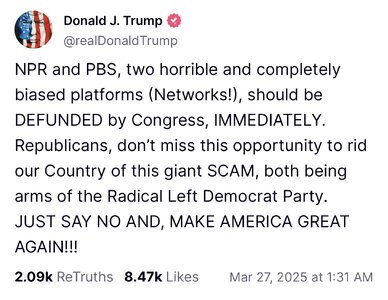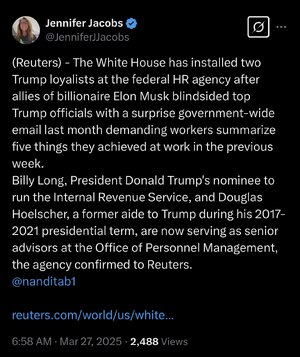- Messages
- 40,010
“… Bozell has been a prominent right-wing activist for decades. He is the founder and president of the Media Research Center, a self-described “watchdog” dedicated to exposing alleged liberal bias. In the late 1990s he founded the Parents Television Council, which opposed what it saw as indecent content on the airwaves. Bozell’s son, L. Brent Bozell IV or “Zeeker,” was among the people who were sentenced for their role in the January 6 attack before being pardoned by Trump earlier this year.
… As part of its opposition to the meeting between Tambo and Shultz, the “Coalition Against ANC Terrorism” produced a publication that highlighted the ANC’s Soviet and communist ties.
The group also held hearings in the weeks before Tambo’s visit that were presided over by the late U.S. Sen. Jesse Helms (R-NC), who was a prominent advocate for segregation here in the United States. Speakers at the coalition’s hearings included John Gogotya, a Black South African politician who led a moderate group that was later revealed to have been backed by the apartheid regime’s military intelligence operation. …”








